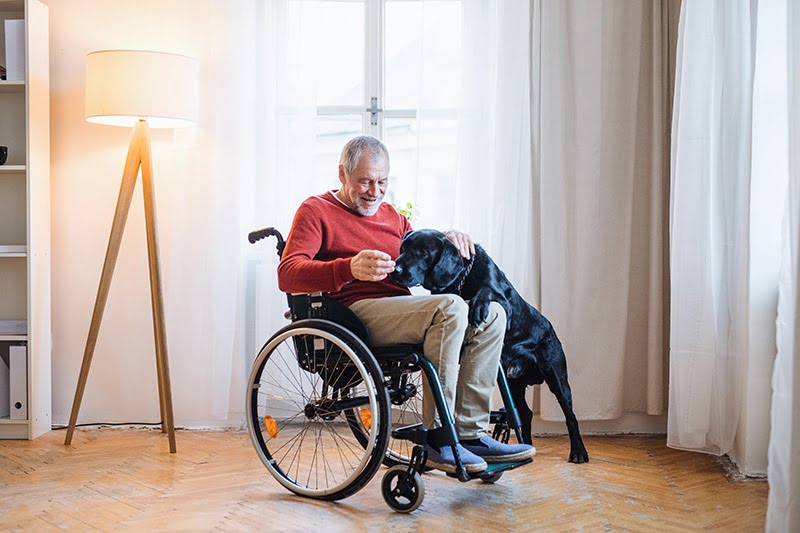Is NDIS property a good investment?

There’s more to NDIS properties than meets the eye when it comes to achieving returns three to four times higher than traditional property investments.
A surprising performer continues to be a viable investment option for property investors despite much coverage of Australia’s housing boom in 2021. NDIS property delivers returns of up to 20% per year due to Australia’s unpredictable housing market, which is home to thousands of disabled Australians.
While NDIS property investments offer significant returns, the ethical implications are also significant. During the next four years, the number of users of supported independent living is expected to increase by 35% from 26,000 to 35,000, according to a statement released by the National Disability Insurance Agency in August last year.
NDIS properties nationwide are in short supply, which contributes to the rise in Australians needing supported living. Linda Reynolds, Minister for Government Services and National Disability Insurance Scheme, said the Government understands it can be challenging for some participants to find suitable Specialist Disability Accommodation (SDA).
Minister Reynolds said that expanding the SDA market is critical to ensuring that participants with high support needs have access to housing that is innovative and meets their needs.
SDA is specifically designed housing for people suffering from severe functional impairments and/or who require high levels of support. Each year, the Federal Government provides $22 billion in NDIS funding to individual participants to pay for housing under SDA.
Ethical considerations versus financial gain
Founder and managing director of NDIS Loan Experts Yannick Ieko said if you look at it purely from a numbers perspective (because not everyone is interested in ethical aspects), you can generate a much higher income or yield with an NDIS property than with a traditional investment property.
The truth is that Australians with disabilities are facing a terrible, terrible situation at the moment. In particular, young people with disabilities are being forced to live permanently in retirement homes, hospitals, or some very inappropriate settings in order to meet their needs, according to Mr Ieko in Your Investment Property magazine.
As NDIS houses, apartments, and townhomes are constructed, they will provide some stock for those people to move into a place that is entirely suited to their needs, which is the ultimate win-win.”
I want to invest. What should I do?
Those tempted by the returns and potential for life-changing changes will find it difficult to find and purchase an established, completed NDIS property with a tenant already living there.
Most investors we see buying NDIS properties are purchasing house and land packages, which means they are creating new housing stock, which is what is most needed.
“It’s not completely different from traditional house and land investments, in that you still need a parcel of land, knockdown or rebuild, or if it’s in a new estate, identify the land and purchase it. You should engage a builder that specialises in NDIS properties like G Developments. prior to purchasing as the block needs to be assessed due to access requirements.
The limited number of NDIS specialists across the country makes it very helpful to work with someone who has expertise and a network within the space, Mr Ieko says.
Despite its specialized nature, NDIS property is not out of reach for anyone willing to put in some time in order to reap some very big rewards, Mr Ieko explained.
Incentives from the Federal Government’s SDA scheme account for the rewards mentioned by Mr Ieko. Registered providers can lease approved SDA housing to approved participants on behalf of investors. SDA funds can only be paid to registered providers with enrolled and compliant properties.







